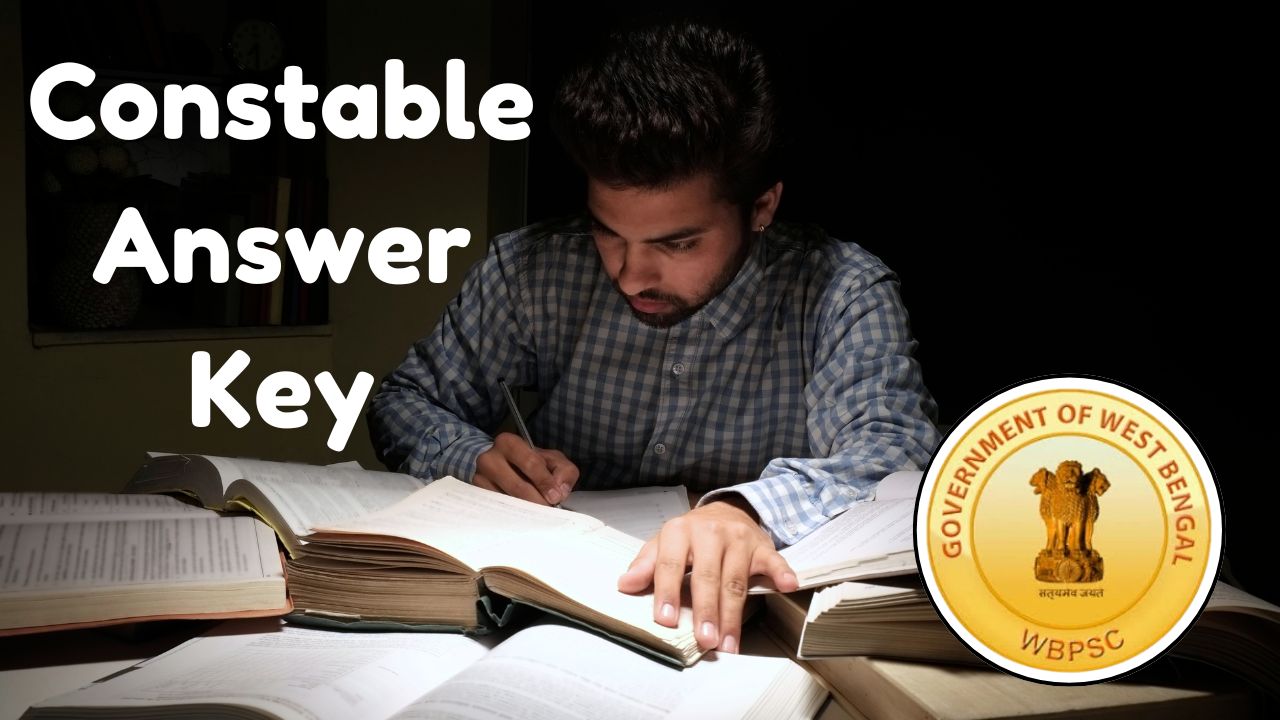FX School Mumbai was established in 2008. It is one of the best institutes for digital content creation in India. The Hindustan Times has recognized it as a top institute. FX School trains students in Visual Effects, Animation, Digital Filmmaking, and Photography. It offers Advanced Certification and Diploma Certification programs.
These courses prepare students with the skills needed for the industry. The institute has modern facilities and world-class infrastructure. It provides a creative and practical learning environment. FX School is a great choice for those interested in digital arts.
FX School Mumbai Admission 2025
| Feature | Details |
|---|---|
| Established in | 2008 |
| Institute Type | Private |
| Courses Offered | Diploma and Advanced Diploma Certification |
| Application Mode | Offline |
| Facilities | Labs, Studio, Computers, Café |
Courses Offered at FX School Mumbai
FX School Mumbai provides professional courses to help students build skills in creative fields. Below are the details of the programs available:
1. Advanced Diploma Certificate
This program allows students to specialize in creative disciplines. The available specializations are:
- CG Animation
- Graphic Design
- Film Making
- Game Design and Development
- Visual Effects
- Photography
Duration: 11 months
Eligibility: Students must have completed 10+2 or an equivalent qualification.
This course offers hands-on training and a strong foundation in creative technologies. It prepares students for industry jobs in their chosen field.
2. Diploma Certificate in Digital Art
This course focuses on digital art, including digital illustrations, concept art, and visual storytelling.
Duration: 9 months
Eligibility: Students must have completed 10+2 or an equivalent qualification.
The course is ideal for beginners who want to learn the tools and techniques required in digital art.
Both programs provide practical learning and guidance from experts. Students gain industry-ready skills and a competitive advantage in their creative careers.

FX School Mumbai Admission Process 2025: Easy Guide for Beginners
If you want to join FX School Mumbai in 2024, follow this step-by-step guide to understand the admission process.
Eligibility Criteria
- Candidates must have completed 10+2 from a recognized board.
- Check the eligibility requirements for the course you are applying for.
Steps to Apply
1. Visit the Institute
Go to FX School in person to start the application process. The staff will guide you through the steps.
2. Fill the Application Form
Collect the form from the institute. Fill in all the details carefully.
3. Prepare the Documents
Keep these documents ready:
- 10+2 mark sheets or certificates
- Valid ID proof (Aadhar card, passport, or driving license)
- Passport-sized photographs
Check with the institute for a complete list of required documents.
4. Submit the Form
Attach the documents to your filled application form. Submit it to the admission office.
5. Wait for Confirmation
The institute will review your application and notify you about the status through email or phone. Ensure your contact details are correct.
6. Join the Course
Once accepted, complete the enrollment process by paying the fees. The institute will provide details about the course start date.
Important Tips
- Provide accurate details in the form.
- Verify your documents before submission.
- Keep your email and phone accessible for updates.
Follow these steps to secure your admission to FX School Mumbai and start your journey in creative education.
FX School Mumbai Placements
FX School Mumbai is known for providing excellent training in photography, animation, and creative fields. It also helps students build successful careers through its strong placement support.
Placement Cell
The institute has an active placement cell that connects students with top companies. It ensures students are well-prepared for industry standards. The hands-on training and real-world projects make students ready for jobs.
Placement Success
FX School has a great record of placing students in leading companies. Many alumni work with top organizations like Prana Studios and Yash Raj Films.
Top Recruiters
Some companies that regularly hire from FX School are:
- Rhythm & Hues: Famous for visual effects in blockbuster movies
- Pixion: Experts in post-production for films and TV
- Technicolor India: Leaders in animation and VFX
- Crest: Specializes in 3D animation and digital content
- Prime Focus: Offers services in VFX, animation, and 3D conversion
Why FX School?
FX School prepares students for creative industry jobs. Its real-world training and industry connections give students an edge.
If you dream of working with top studios, production houses, or creative agencies, FX School Mumbai is the right place to start your career.
FX School Mumbai Facilities
FX School Mumbai provides modern facilities to give students a comfortable and creative learning environment. These facilities help students excel in their chosen fields.
1. Laboratories
The institute has advanced Apple Mac labs with industry-standard hardware and software. These labs are perfect for tasks like animation, film editing, and graphic design.
It also has a specialized Gaming Lab with high-performance GPU systems. These are ideal for game design, development, and visual effects projects.
2. Computer Lab
The spacious computer lab ensures every student gets a dedicated system. This setup allows students to work on their projects without delays.
3. Café Lounge
The café lounge offers a relaxing space for students. It serves fresh and hygienic food, making it a good place to unwind between classes.
4. Digital Art Gallery
The Digital Art Gallery showcases the creative work of students. It provides a platform for recognition and inspires new students with the possibilities of their creative journey.
5. Other Facilities
- Studio-Grade Film Equipment: Professional tools for filmmaking projects.
- Green Screen Studio: For advanced visual effects, use chroma keying.
- Modern Classrooms: Comfortable and well-equipped for theoretical learning and discussions.
Why These Facilities Are Important
FX School’s facilities offer hands-on training in a professional setting. Students get real-world experience, whether mastering software in the labs, using green screens for visuals, or showcasing their work in the art gallery.
These facilities ensure students are well-prepared for the competitive creative industry while fostering their growth and creativity.
- Rajasthan Librarian Grade 3 Result 2025: Check RSSB Result, Cut Off & Merit List
- CG Vyapam Amin Patwari Admit Card 2025 Out – Download Hall Ticket @ vyapam.cgstate.gov.in
- WBP Constable Answer Key 2025: Download PDF & Raise Objections
- DMER Result 2025: Check Group C Merit List and Cut Off at dmer.maharashtra.gov.in
- Punjab Anganwadi Recruitment 2025: Notification Out for 6110 Vacancies, Apply Online Now
FX School Mumbai Admission: FAQs
FX School Mumbai offers specialized courses in creative fields such as CG Animation, Graphic Design, Film Making, Game Design and Development, Visual Effects, Photography, and Digital Art. Programs are available at both diploma and advanced diploma levels.
To apply for courses at FX School Mumbai, candidates must have completed their 10+2 education or an equivalent qualification from a recognized board.
To apply, visit the institute and complete the application form. Submit the form along with the required documents. After submission, the institute will contact you with the next steps via phone or email.
Yes, the school has a dedicated placement cell that helps students secure internships and job opportunities with well-known companies in the creative industry.
The campus provides state-of-the-art facilities, including Apple Mac labs, a gaming lab with advanced GPU systems, a spacious computer lab, a café lounge, a digital art gallery, film equipment, a green screen studio, and modern classrooms.




